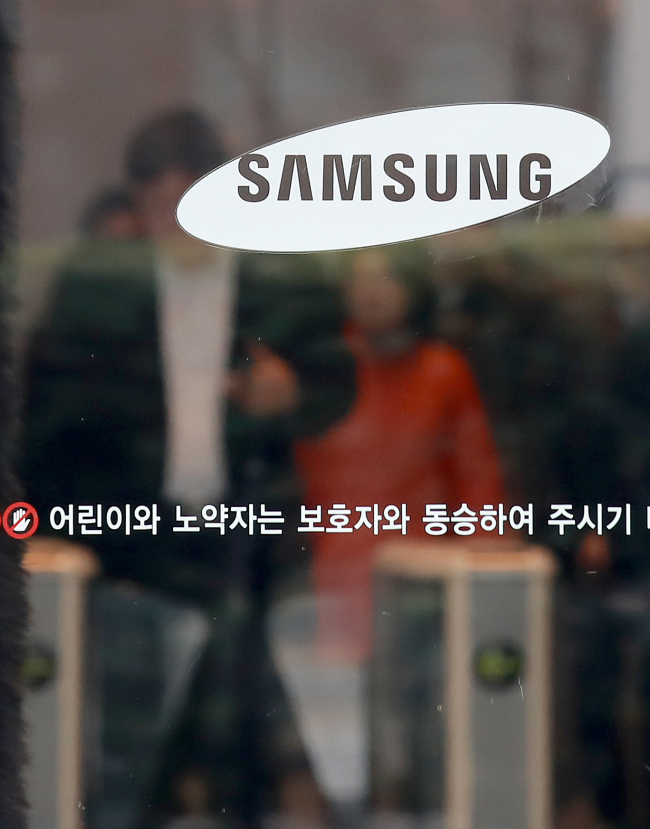Global chip industry boom to continue for another year: BOK
By YonhapPublished : April 8, 2018 - 15:00
The global chip industry is anticipated to enjoy another year of strong demand, the central bank said Sunday, claiming local chipmakers should still focus on building capabilities for non-memory products to prepare for future developments.
"The industrywide boom, which started in the second half of 2016 for DRAM products will continue throughout the first half of 2019 and gradually fade out afterwards," the Bank of Korea said in a report. The bank, however, said the rising demand from the self-driving cars and artificial-intelligence segments may prolong the boom further.
"The industrywide boom, which started in the second half of 2016 for DRAM products will continue throughout the first half of 2019 and gradually fade out afterwards," the Bank of Korea said in a report. The bank, however, said the rising demand from the self-driving cars and artificial-intelligence segments may prolong the boom further.

The global chip industry was estimated at $412.2 billion in 2017, up 22 percent from a year earlier. Memory chips, such as DRAM and NAND flash products, accounted for 30.1 percent of the global chip market, with DRAM accounting for 58.7 percent.
The robust earnings for chipmakers came as the industry's supply failed to catch up to the soaring demand, especially for smartphones and big-data solutions. The central bank, however, said the slowed growth of advanced economies may hinder the growth in demand for DRAM soon.
The rising competition sparked by Chinese rivals, along with the increased supply from traditional brands, such as Samsung and SK hynix, also stand as potential hurdles, the bank said.
Considering the nature of the chip industry, however, the bank said it is unlikely that the market will face an oversupply of chips.
The central bank said local chipmakers should expand investment of non-memory chip products as the recent boom cannot continue for years.
South Korean currently depends heavily on chips, with the sector accounting for 17 percent of the nation's exports. Samsung Electronics Co., the country's No. 1 tech firm, is presumed to have raked in one-third of its first-quarter operating profit from chips alone.
The BOK said chipmakers should improve their capabilities in the non-memory segment, which is less affected by economic volatilities, by diverting earnings raked in from the latest boom into research and development and facilities upgrades.(Yonhap)







![[Graphic News] More Koreans say they plan long-distance trips this year](http://res.heraldm.com/phpwas/restmb_idxmake.php?idx=644&simg=/content/image/2024/04/17/20240417050828_0.gif&u=)
![[KH Explains] Hyundai's full hybrid edge to pay off amid slow transition to pure EVs](http://res.heraldm.com/phpwas/restmb_idxmake.php?idx=644&simg=/content/image/2024/04/18/20240418050645_0.jpg&u=20240419100350)






![[From the Scene] Monks, Buddhists hail return of remains of Buddhas](http://res.heraldm.com/phpwas/restmb_idxmake.php?idx=652&simg=/content/image/2024/04/19/20240419050617_0.jpg&u=20240419175937)

![[KH Explains] Hyundai's full hybrid edge to pay off amid slow transition to pure EVs](http://res.heraldm.com/phpwas/restmb_idxmake.php?idx=652&simg=/content/image/2024/04/18/20240418050645_0.jpg&u=20240419100350)

![[Today’s K-pop] Illit drops debut single remix](http://res.heraldm.com/phpwas/restmb_idxmake.php?idx=642&simg=/content/image/2024/04/19/20240419050612_0.jpg&u=)